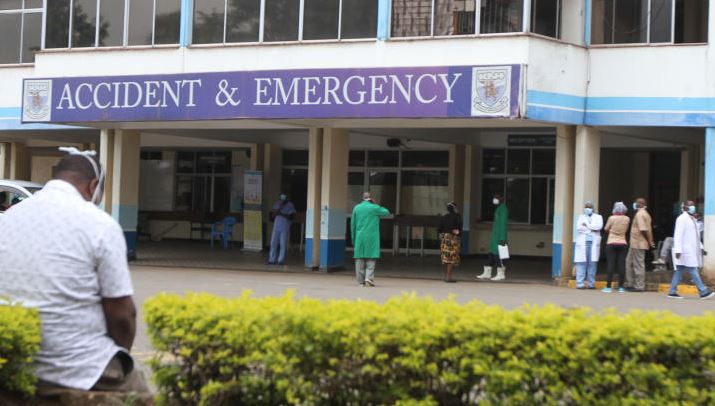×
The Standard e-Paper
Join Thousands Daily

Kenya’s largest referral hospital and the nerve centre of the response to the Covid-19 pandemic is in the spotlight once again over the preparedness of its medical workers to deal with the virus and other diseases.
Yesterday, staff at the institution’s Accident and Emergency department declined to report to work without adequate personal protective equipment, bringing the often busy department to a standstill.